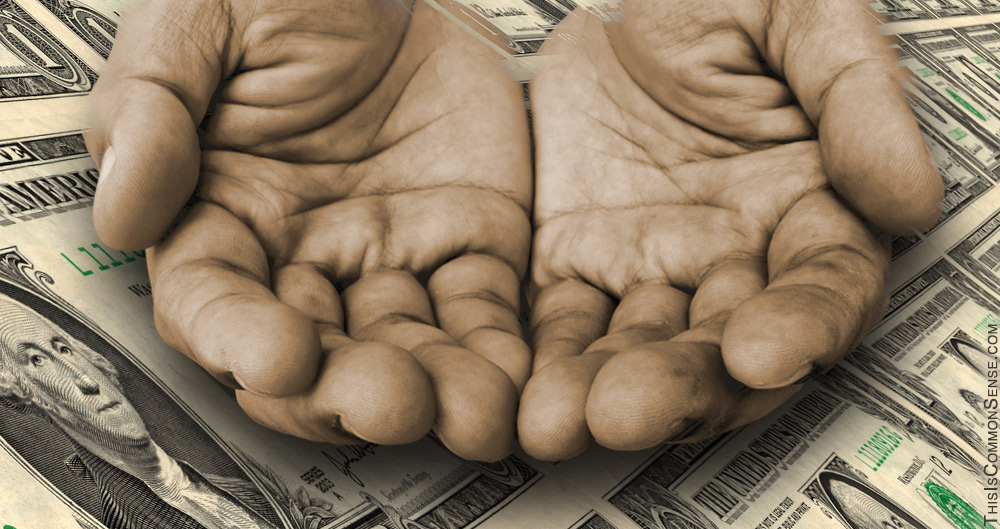I leave it up to you how to spend your own money. You decide, based on your own circumstances and priorities.
Oh, you don’t need my permission?
Of course not.
But some people think that if you spend your own money on your own priorities in accordance with your own judgment, it is indeed a problem. At least when you get to keep more of your own money because of tax cuts.
President Trump has often suggested that recipients of new corporate tax cuts will spend the additional money mostly on increasing wages and hiring new workers. Yet some major corporations reportedly say that they will spend the additional money on paying dividends or buying back shares. Maybe others will buy more advertising, storage space or tools. Various commentators fret. But why should a firm hire new workers if other expenditures would be more productive at the moment?
Of course, in the long run, a company that is more profitable and successful can hire more people and can pay them more.
But wages are not the only expense that companies must cover in order to be successful in the long run. Managers do, and should, devote resources first to the improvements that they conclude are most urgent. That a company’s resources increase because of a tax cut doesn’t alter the necessity or reasonableness of pursuing economic goals in accordance with one’s best judgment.
An approach that, to be sure, also benefits present employees as well as future ones.
This is Common Sense. I’m Paul Jacob.



